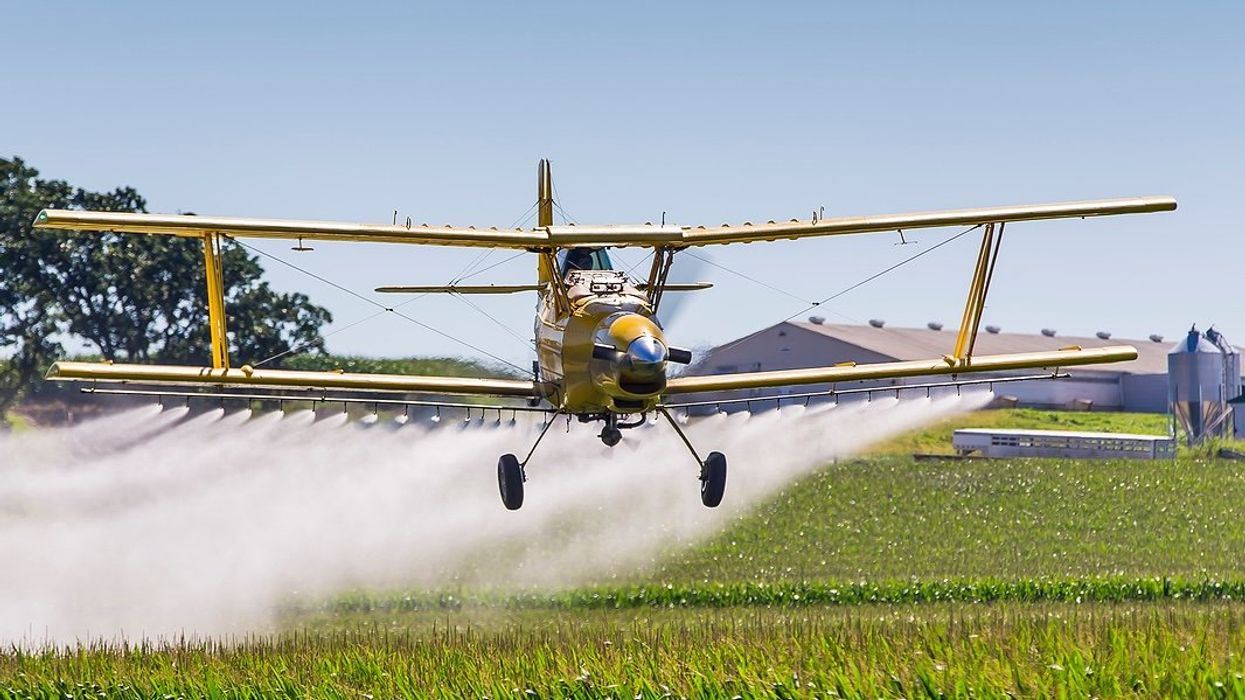A record-breaking die-off of managed U.S. honeybee colonies has been linked to parasitic mites that no longer respond to chemical treatments, raising new alarms over pollinator health and food production.
Phoebe Weston reports for The Guardian.
In short:
- U.S. beekeepers lost 60% of their honeybee colonies over the past year, the worst decline ever recorded, with losses concentrated during winter months and costing an estimated $600 million.
- U.S. Department of Agriculture researchers found widespread resistance among varroa mites to amitraz, the last effective miticide used by commercial beekeepers, allowing viruses to spread rapidly through weakened colonies.
- Scientists warn that honeybee health reflects broader environmental pressures, such as habitat loss, pesticide use, and climate stress, that also threaten wild pollinators critical to biodiversity.
Key quote:
“If beekeepers fail, there is no backup plan for the pollination services they provide in US food production.”
— Danielle Downey, director of Project Apis m., a beekeeping research organization
Why this matters:
Pollinators like honeybees make possible one in every three bites of food we eat, from almonds to apples. Their decline is a warning sign of ecological trouble. The varroa mite, now resistant to standard treatments, spreads viruses that weaken colonies already stressed by shrinking habitat, pesticide exposure, and increasingly erratic weather. These pressures aren't just hurting farmed bees. The same viruses can spill over into wild bees, magnifying losses across pollinator species and threatening food security.
Learn more: Trump budget cuts leave U.S. honeybees at risk after historic die-off














